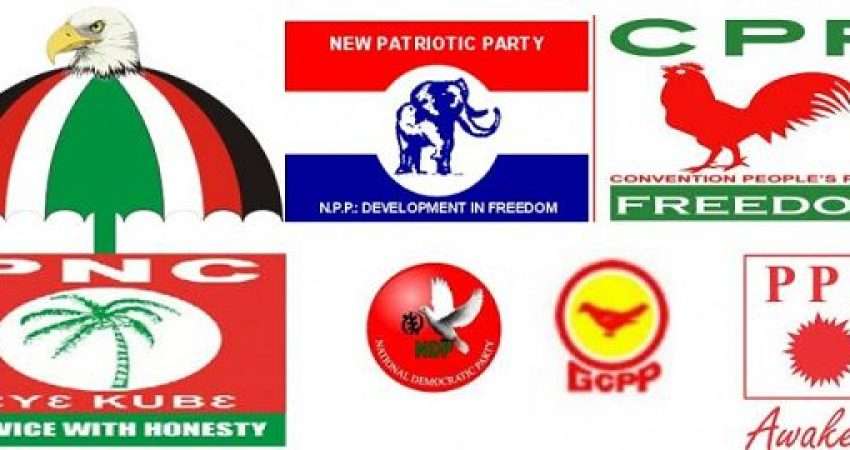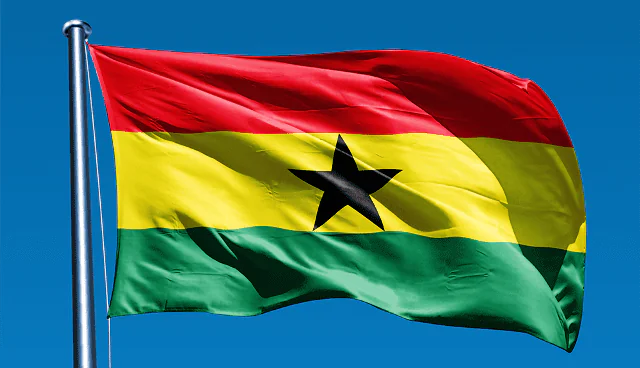As Ghana observes Republic Day, legal scholar Prof. Stephen Kwaku Asare has encouraged citizens to view the occasion not merely as a historical commemoration, but as a call to civic responsibility.
He believes the day represents more than the declaration of Ghana’s sovereignty on July 1, 1960—it offers an opportunity for national renewal.
He welcomed the restoration of Republic Day, describing it as a significant milestone that marks the country’s full legal break from the British Crown, following independence. In his view, it is a moment that signifies Ghana’s transformation into a sovereign republic.
Prof. Asare also pointed out that Republic Day had been consistently recognized by all governments—from the era of the Convention People’s Party to the military regimes—until it was unexpectedly discontinued during former President Akufo-Addo’s administration.
“One suspects it was part of the legacy of the then Speaker, Prof. Mike Ocquaye, whose intellectual flirtation with republican history did not extend to its civic observance. The challenge before us now is not only to celebrate Republic Day again but to protect it from future political caprice.
“But Republic Day is not just a moment of celebration; it is a time for sober reflection—a mirror for what the Republic has become and what it still could be.”
Prof. Stephen Kwaku Asare
Accordingly, Prof. Asare urged Ghanaians to critically examine how political parties evolve and how that evolution mirrors the character and values of their leaders.

He described political parties as living institutions—constantly changing and shaped by their social, political, and historical environments.
He noted that, like the societies they aim to lead, political parties are not static. They transform over time, influenced by leadership, historical forces, and the deliberate or unconscious actions of their members.
In his view, parties thrive when they are guided by a clear vision, maintain internal discipline, and are willing to reform. Without these qualities, they risk becoming ineffective—full of rhetoric but lacking true substance.
Republic Day To Inspire Political Parties’ Reform
Prof. Kwaku Asare further highlighted the importance of considering historical context when evaluating different periods within the same political party. He cautioned that overlooking the unique circumstances of each era can result in flawed comparisons.
He explained that, for instance, the Convention People’s Party (CPP) under Dr. Kwame Nkrumah was driven by pan-African ideals, scientific socialism, and a state-led development agenda.
Comparing this revolutionary phase to the more liberal democratic approach of Hilla Limann’s People’s National Party (PNP) misrepresents the distinct philosophies that shaped each era.

He noted that such evolution is not unique to the CPP. The National Democratic Congress (NDC) also underwent major shifts—from the populist foundations laid by Jerry Rawlings to the more constitutionally focused leadership of John Atta Mills and the technocratic approach under John Mahama.
According to Prof. Asare, these transitions even led to significant disagreements among the leaders over the direction, style, and identity of the party.
He made a similar observation about the New Patriotic Party (NPP), noting that drawing a direct line from today’s NPP to the old United Party (UP) is both misleading and historically irresponsible.
“The NPP under President John Agyekum Kufuor pursued media liberalization and institutional reform, including the repeal of criminal libel laws. That legacy cannot be casually equated with the record of President Nana Akufo-Addo, whose administration has faced serious criticism for actions that appear to erode institutional independence—from the forced exit of the Auditor-General to the heavy-handed policing of protest movements.”
Prof. Stephen Kwaku Asare
He added that while rumors that former President Kufuor urged Akufo-Addo to apologize remain unverified, they underscore deep tensions within party ranks.
Prof. Asare drew international parallels, citing shifts within the UK’s Conservative Party and both major US parties to show that political evolution is not unique to Ghana.
“Political parties learn, though not always successfully. They recalibrate. They shed old skins. They may decide that they were once too militant and must now moderate, or that they were too cautious and must now confront injustice more boldly.”
Prof. Stephen Kwaku Asare
He emphasized that today’s voters are less concerned with historical narratives and more focused on tangible results. He observed that contemporary citizens cast their votes based on present-day credibility rather than past loyalties.

Their political awareness, shaped more by technology and everyday realities than by historical events, tends to be short-term—not out of disinterest, but due to the nature of modern information consumption.
Looking ahead, he argued that Republic Day should go beyond serving as a moment of reflection. It should inspire a renewed commitment to strengthening institutions and upholding democratic principles.
In his view, the future of the Republic depends on political leaders who can address current challenges and build trust through action, rather than relying on past legacies.
“So yes, let us celebrate Republic Day. But let us also honor it by ensuring that our politics evolves with our people. For the Republic is not just what we became in 1960—it is what we are becoming now.”
Prof. Stephen Kwaku Asare
READ ALSO: Ghana Stock Exchange Opens Week with 656% Surge in Trading Volume



















